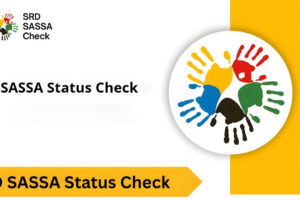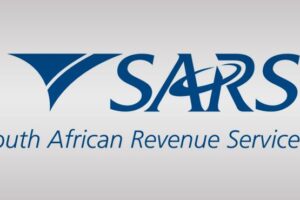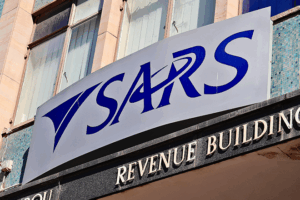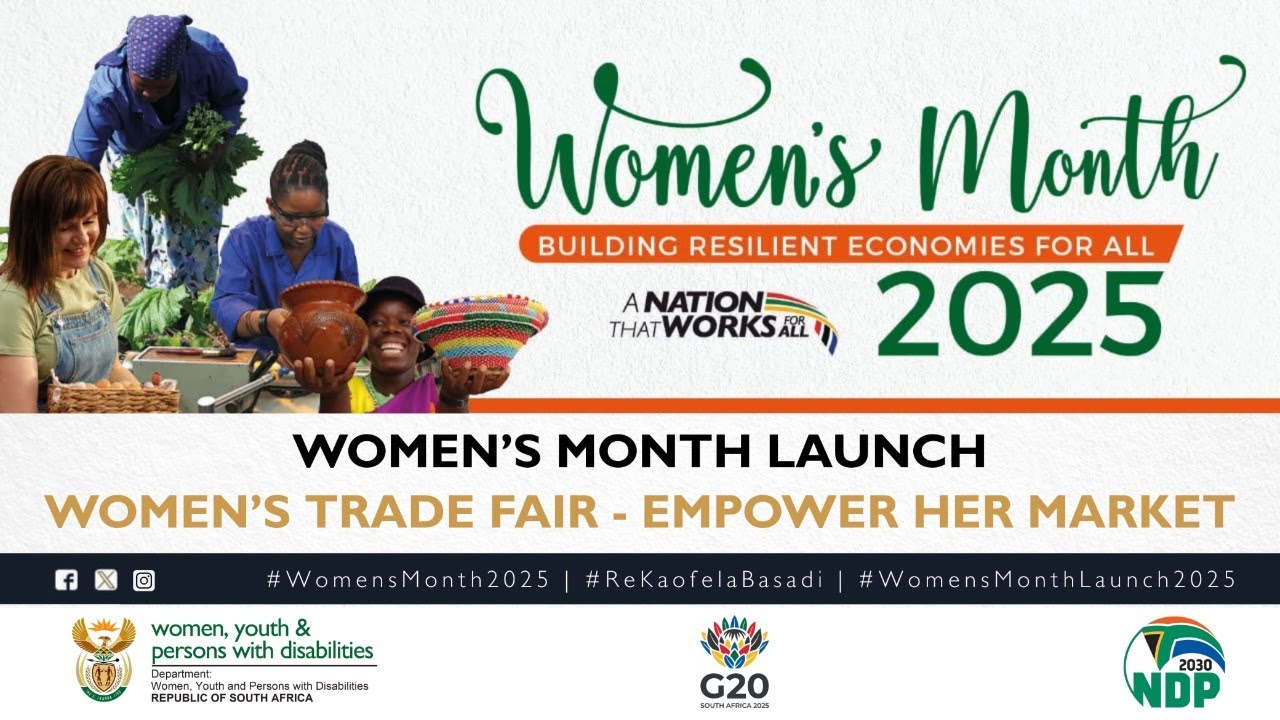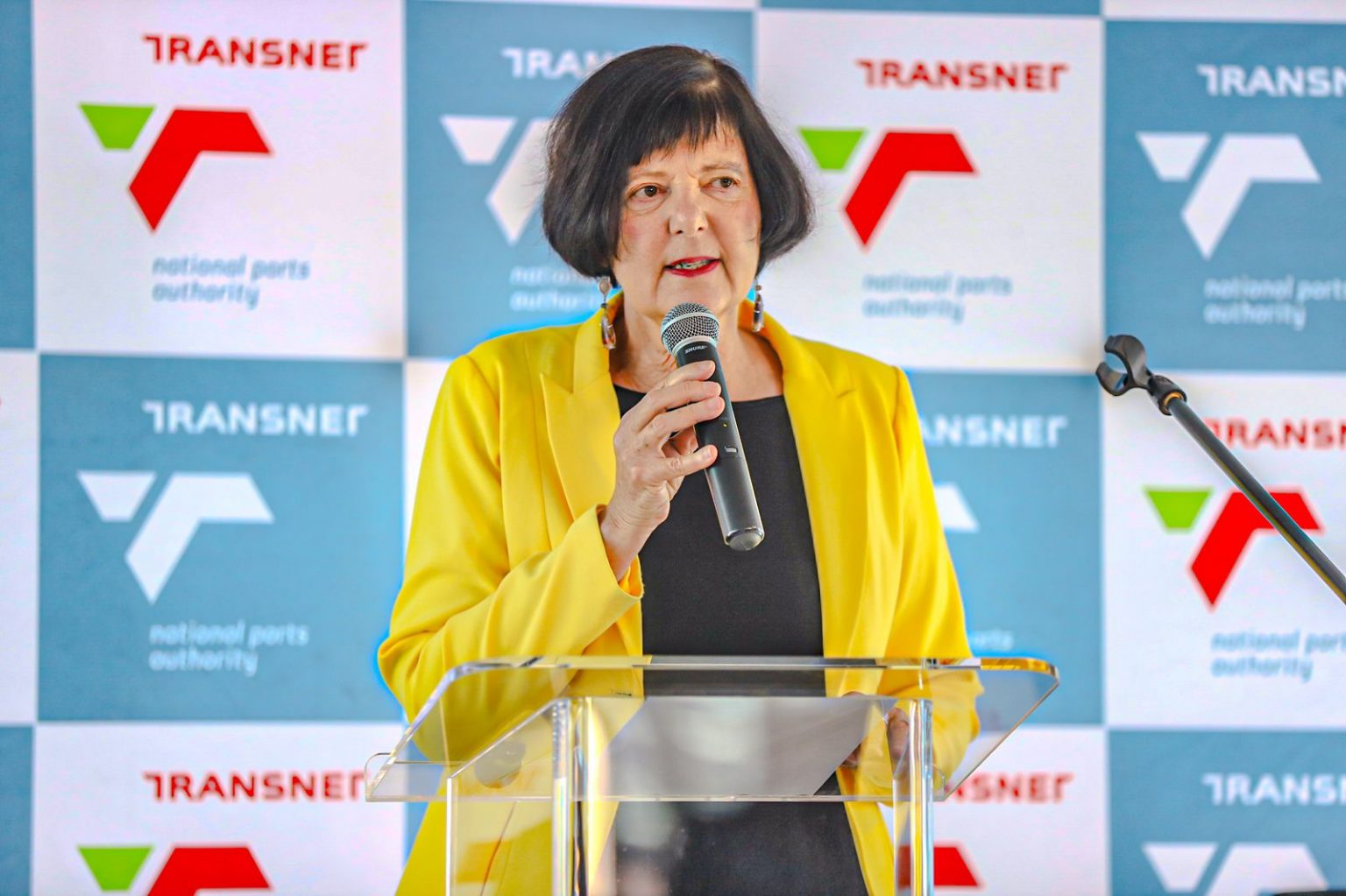Image Source: GovernmentZA
As Women’s Month 2025 kicks off, South Africa’s private sector has stepped up its commitment to gender equality by pledging strategic support to increase women’s participation in the economy. The pledge was made during the official launch of Women’s Month on Friday in Johannesburg, where leading voices from finance, policy, and development emphasized the need for systemic change to unlock the full economic potential of women especially in underserved and rural areas.
Building on the Legacy of Women Leaders
Punki Modise, Chief Strategy and Sustainability Officer at Absa Group, highlighted the importance of continuing the legacy of struggle icons such as Charlotte Maxeke and the women who led the historic 1956 march.
“Every step forward for one woman should be a path easier for the next,” Modise remarked, noting that Absa spent over R3.8 billion on procurement from women-owned businesses in 2024 alone.
However, Modise acknowledged that financial institutions were historically not built with women in mind and urged that existing economic policies must evolve to become more inclusive.
“We must challenge the status quo,” she said. “Partnering with government is key to ensuring that women gain access to meaningful opportunities.”
Global Trade and Digital Inclusion
Dr. Sindiswa Mzamo, Co-Chairperson of the Women20 (W20) Presidency, stressed the urgent need for access to finance and global markets for South African women, especially those in rural and township settings.
“Only about 50% of women are participating in export markets,” Mzamo said. “We need platforms that cut out exploitative intermediaries and allow women to sell directly whether it’s beadwork or digital products.”
She also raised concern over the exploitation of local artistry, revealing that beadwork purchased in places like Ingwavuma for R2 is resold overseas for hundreds of dollars.
“We must empower women with knowledge of their product value and protect their intellectual property,” she said.
Mzamo hailed technology as a game changer, creating platforms where women can trade, learn, and grow businesses without traditional barriers.
Strategic Support from Financial Institutions
Standard Bank’s Executive Head of Strategic Partnerships, Lindeka Dzedze, expressed the bank’s support in helping women achieve financial freedom and leadership.
“You are not alone. We are with you,” she told the women entrepreneurs in attendance.
Dzedze reinforced that private-public partnerships are crucial in addressing funding gaps and opening doors for women in male-dominated sectors.
Economic Empowerment as a Tool Against Gender-Based Violence
Speakers unanimously echoed the call that economic inclusion is a key weapon against gender-based violence and femicide (GBVF).
Research shows that GBVF thrives in environments of poverty and economic dependency. Pillar 5 of the National Strategic Plan on GBVF directly addresses these challenges by encouraging full economic inclusion for women and LGBTQIA+ individuals.
“Breaking economic dependency empowers women to leave abusive situations and assert control over their futures,” noted one panelist.
As South Africa continues to battle high unemployment and inequality, women’s economic participation is not just a matter of justice, it is a national growth imperative. With the private sector reaffirming its commitment and government support intensifying, the foundation is being laid for a more inclusive and equitable economy.
Women’s Month 2025 may very well become the moment where bold commitments turn into measurable progress, ushering in a future where no woman is left behind.

